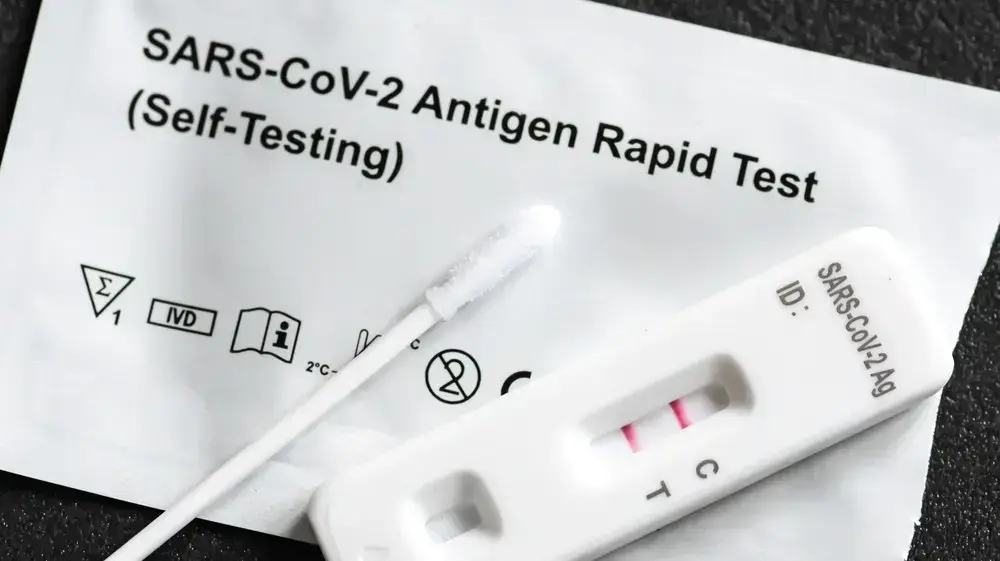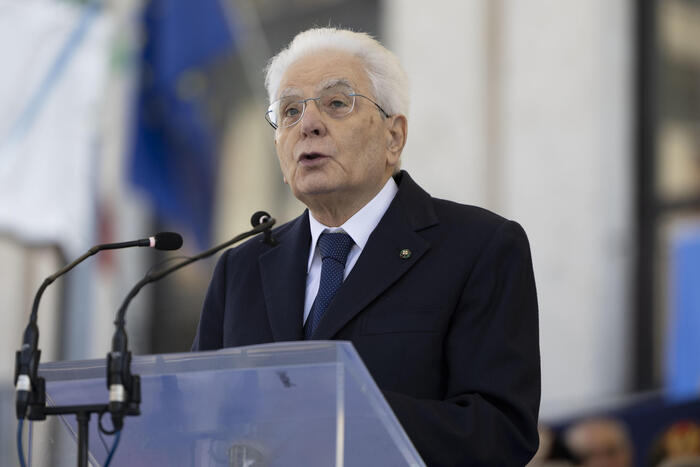- Click to share on Facebook (Opens in a new window)
- Click to share on Twitter (Opens in a new window)
- Click to share on LinkedIn (Opens in a new window)
- Click to email a friend (Opens in a new window)
Editor's Note: Alan C. Miller is the founder and CEO of the News Literacy Project, an educational, non-profit, and nonpartisan organization. He won the Pulitzer Prize for National Reporting in 2003 as a reporter for the Los Angeles Times. The opinions expressed in this comment are the author's own. More at CNNe.com/opinion
(CNN) - Perhaps we should not be surprised by attacks on press freedoms and journalists worldwide amid the covid-19 pandemic. We have seen this pattern before: a crisis engulfs a nation, and its government reduces, manipulates, or suppresses news coverage. But just because we've seen this pattern before doesn't mean we should pay less attention to it now. In fact, now is the time to be especially alert.
In Iran, the government has imposed radical restrictions on coverage of the pandemic, including a ban on printing newspapers. Journalists have been arrested for their reports, including one that criticized the government's inability to prepare for the pandemic and another that claimed that a local official had tested positive for covid-19, as noted by the Committee to Protect Journalists ( CPJ).
In Hungary, a new law giving the prime minister broad emergency powers includes a provision that prohibits the publication of "false information" about the pandemic, and offenders can face up to five years in prison. Journalists told the German public media outlet "Deutsche Welle" that the law has created uncertainty about whether they can be prosecuted for reporting accurate information, thereby damaging the source of income for independent media, further complicating the difficult task of obtaining information.
In China, the government maintains that information control is necessary to combat the disease. From Chen Qiushi, a citizen journalist who traveled to Wuhan in January, where the virus was discovered, and who posted videos on YouTube reporting that hospitals were overwhelmed, there has been no news since February 6.
This "crackdown on covid-19" - as Joel Simon, executive director of the Committee to Protect Journalists, has called it - is unfolding as we celebrate World Press Freedom Day on May 3. This annual event is a reminder of respect for the press, the defense of journalists and news organizations, of attacks on their independence, and of those who have lost their lives while doing the heroic job of keeping the public informed in circumstances. difficult. This year, that reminder is particularly resonant.
Drugs effective against covid-19 1:49The enormous challenges and high stakes of this pandemic have created an urgent need for credible, timely and independent information. Furthermore, the daily deluge of misinformation has made this literally a matter of life and death. However, many repressive regimes and autocratic leaders seek to restrict the press, even as journalists are working to hold governments to account for their response to the pandemic and to report on the mounting public health crisis and the concomitant financial cost.
Particularly in China, we have seen how press restrictions can backfire to combat the spread of covid-19. On March 24, Reporters Without Borders (Reporters sans frontières, RSF), a Paris-based non-governmental organization that advocates for freedom of information, wrote that “without the control and censorship imposed by the authorities, the Chinese media could have informed the public long before the severity of the coronavirus epidemic, saving thousands of lives and perhaps avoiding the current pandemic. "
Reporters Without Borders has created Tracker 19, a tool designed to assess the impact of covid-19 on journalism (the name refers to both the disease and Article 19 of the Universal Declaration of Human Rights). A map on the Tracker 19 website shows documented instances across five continents of state censorship, deliberate disinformation, and other efforts obstructing the public's right to information. RSF has compiled a list of troubling events in more than 40 countries.
The abuse of press freedom is not limited to authoritarian nations. A new law in South Africa, which has guaranteed freedom of the press since its establishment in 1996 and which has a tradition of independent journalism, has made it a crime to publish “disinformation” about the pandemic.
Events in India, the world's largest democracy, are even more troubling. Prime Minister Narendra Modi's government has asked the country's Supreme Court for media outlets to seek and obtain state authorization before publishing any content related to the coronavirus, essentially empowering the government to censor coverage. Although the court rejected the request, it ordered news organizations to "publish the official version" of the coronavirus, the Committee to Protect Journalists said. And although journalists have continued to report independently on the pandemic, they have faced intense harassment, as Reporters Without Borders has detailed.
Responsible reports from journalists who are free to report mismanagement of the pandemic and deception by government officials have never been so vital. In February, the World Health Organization called the wave of information about the covid-19 outbreak, including an avalanche of misinformation, an "infodemic." On April 14, UN Secretary-General António Guterres referred to this as a "dangerous disinformation epidemic" as a "poison that is putting even more lives at risk."
In this context of fear, anxiety and uncertainty, World Press Freedom Day takes on a deeper meaning. Increasing limits on press freedoms not only make it harder for journalists to help keep the public informed, they also undermine journalists' ability to help keep the public safe.
When their work is most needed, journalists around the world risk not only their freedom but also their lives up front to cover this devastating pandemic. They deserve our appreciation, and they need our support, more than ever.
freedom of the press









